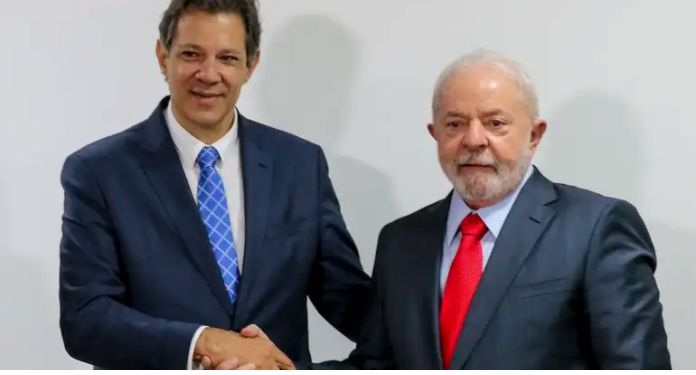The betting market in Brazil has shown significant growth, growing from R$2 billion to R$7 billion between 2018 and 2020, according to H2 Gambling Capital.
However, the lack of regulation resulted in significant losses for the Brazilian economy, both in tax collection and job creation.
Marcus Castelo Branco, a lawyer specializing in Business Law, highlighted that the regulation will provide conventional tax collection. Furthermore, the measure must create employment opportunities with a direct impact on the economy.
“Betting legislation will bring transparency and more people will be able to enjoy the benefits of gambling from the safety of their homes. With regulation, the activity will now have conventional tax collection; job opportunities that, directly, have had an impact on Brazilian economy.
Previously, companies were authorized to operate in the country, however, as it was not a regulated activity, they were all based abroad and did not pass on tax charges”, said the lawyer in an interview with IG.
The proposal established a maximum fixed grant of R$30 million. Stipulating a limit of up to three trademarks per legal entity.
According to Randolfe Rodrigues, government leader in Congress, the implementation of the regulated measure could contribute more than R$5 billion.
Studies reveal values due to lack of revenue
Studies by Fundação Getúlio Vargas (FGV) indicate that the lack of regulation resulted in revenue losses estimated between R$4 billion and R$9 billion annually.
Also according to the IG, in 2022 alone, Brazil failed to collect around R$6.4 billion due to the lack of taxation on betting.
During the Qatar Cup, the estimated loss is R$3 billion, highlighting the lost economic relevance and the opportunity to boost the Brazilian economy.
Regulation of the sports betting market
Regarding the regulation of online sports betting, President Luiz Inácio Lula da Silva (PT) sanctioned the law on December 30, 2023.
The legislation taxes both companies and bettors, establishes rules for the exploitation of betting and defines the distribution of resources collected by the government.
Approved by the Chamber of Deputies on December 21, the law represents a strategic measure by the government’s economic team. All this to boost federal revenue, aiming to reach the fiscal target this year.




















































